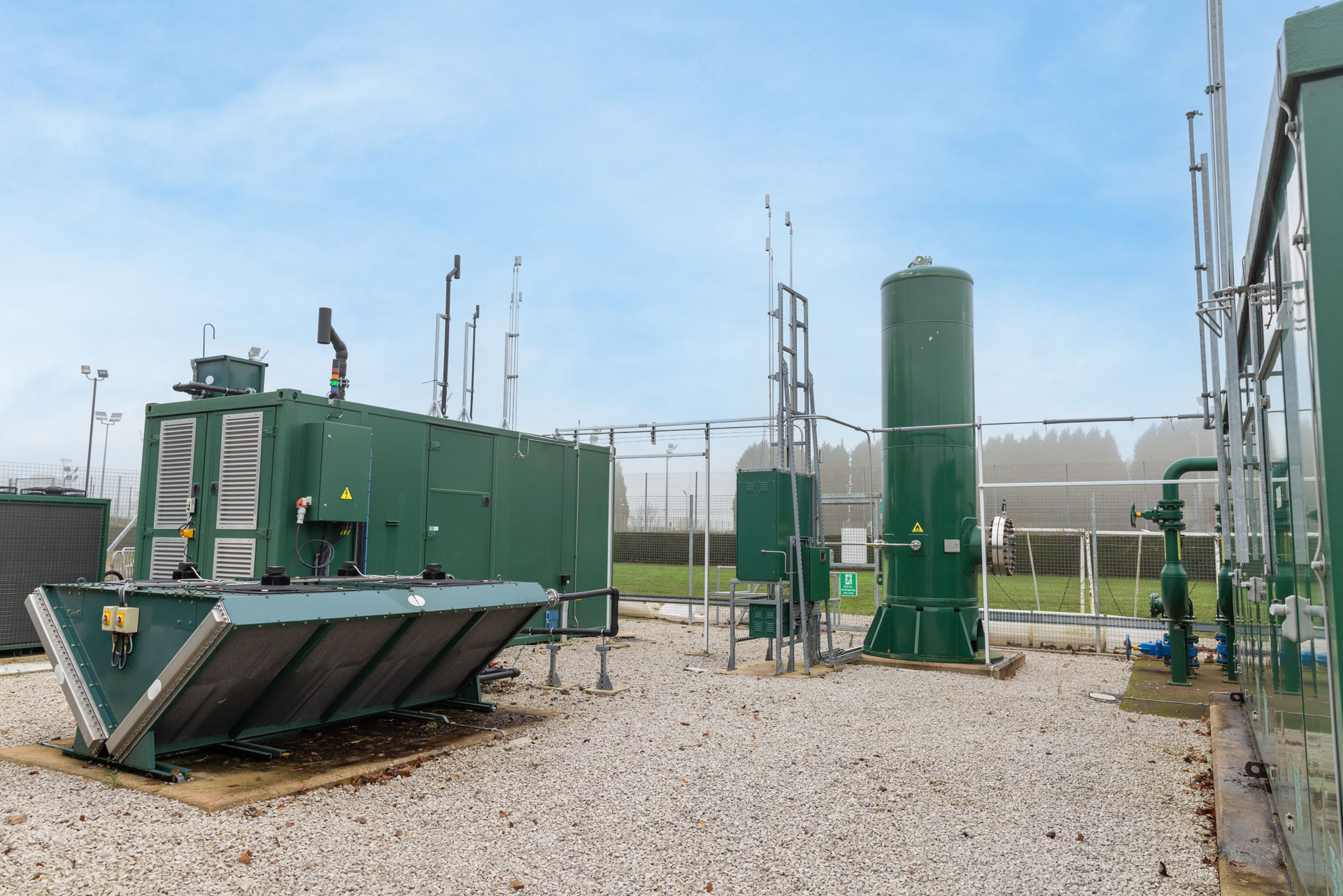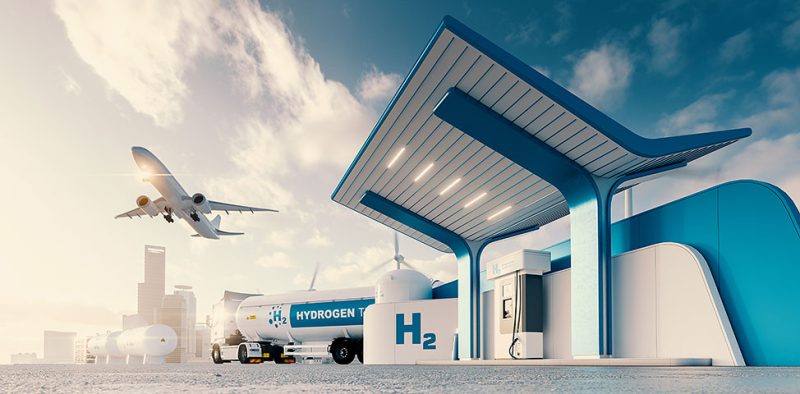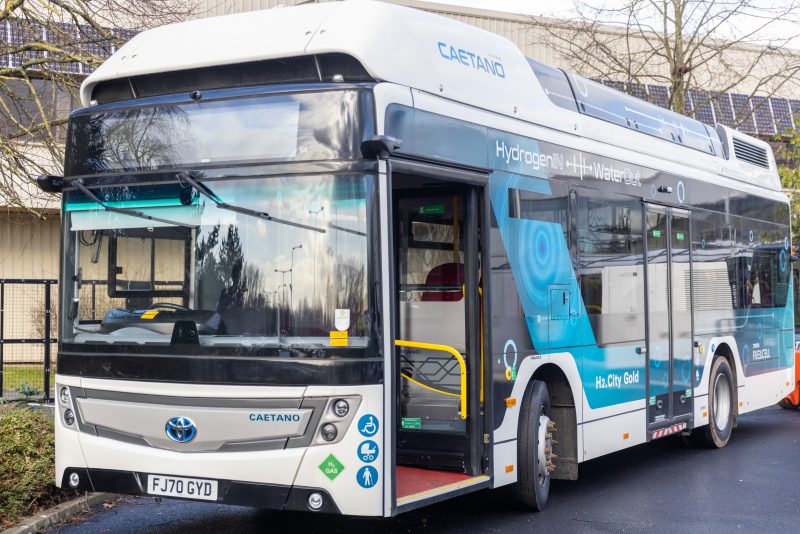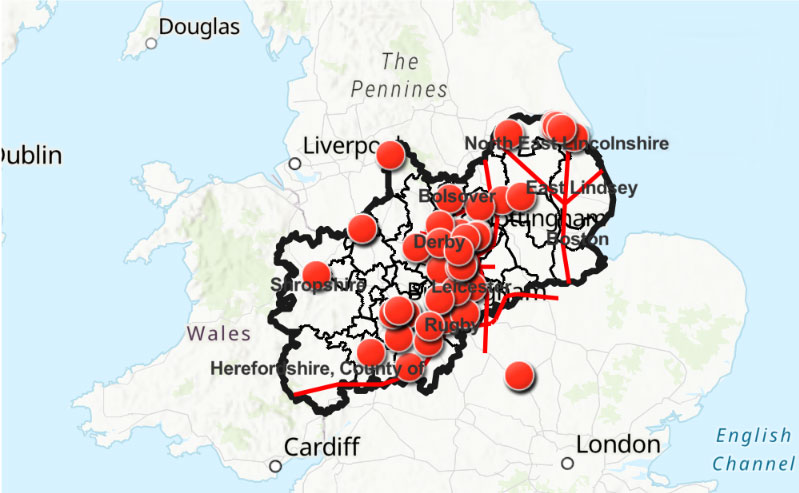Introduction
Achieving Net Zero is a challenge that requires action from all of us. While international climate negotiations and national emissions targets may hog the headlines, many of the decisions taking us towards Net Zero will be taken at the local level – in City and County Halls, by devolved administrations, and by local partnerships that aim to enable behaviour change in their communities.
In particular, the successful transition to more sustainable sources of energy depends on forward-thinking local decision makers with the vision and the will to invest in the skills, infrastructure and industrial partnerships needed to make it a reality. But in a highly complex technical area, it can be difficult for such local leaders to be sure they are acting with the best information and evidence.
At HyDEX we believe that the development of a Hydrogen-based economy is a crucial building block of our greener future. We’re also aware that understanding the potential and limitations of Hydrogen, and how it can best support local authorities’ net zero ambitions, can be a challenge. We see it as our responsibility to help build knowledge about this crucial technological area, to support our region’s journey towards sustainability.
This guide has been developed specifically for local leaders – both in Local Authorities and elsewhere – to guide their decisions and clarify some of the myths and misunderstandings about Hydrogen. We have not attempted to be comprehensive, but to provide a short, accessible introduction oriented towards policy decision making.
We hope the guide provides an effective basis for local leaders to incorporate Hydrogen into their plans for green growth, and we would be delighted to follow up with you if you wish to explore any of the topics in more detail.
Chris Sims
Deputy Director, Institute for Policy and Engagement
University of Nottingham
Toolkit topics
Hydrogen is important to the energy transition as it offers a comparable alternative to conventional fossil fuels in hard-to-decarbonise industries and can be produced with renewable sources.
Storage and transport infrastructure is vital to ensure reliable supply and to get hydrogen safely and cost effectively to end users in the hydrogen market.
Local Authorities play a key enabling role in local net zero developments, including providing support through local coordination and supportive policies for local end-users of hydrogen.
To achieve the ambitious growth target for the UK hydrogen sector, there’s an urgent need to equip and upskill the workforce in critical supply chain businesses with the necessary skills.
Produced by Midlands Engine Observatory, the Midlands Engine mapping tool provides detailed maps of the fields of hydrogen production, storage distribution, end-use, technology and innovation in the Midlands.
Funded by


Developed in conjunction with






